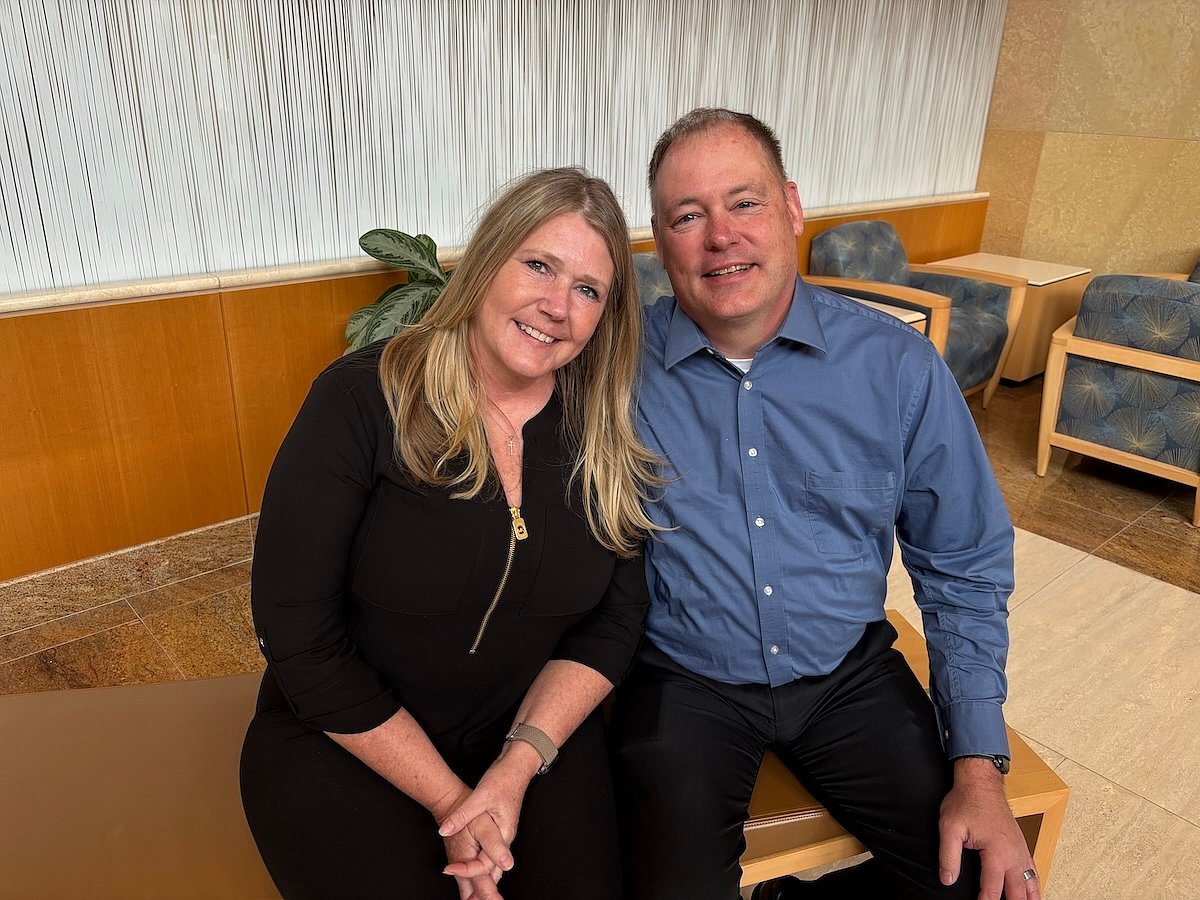We are now open at our new location. Visit us at 1914 Freedom Road (just down the road from our previous building).
Thank you for your support as we transition into this new space!
Get Healthy!

- Dennis Thompson
- Posted July 15, 2025
New Stem Cell Approach Helps Transplant Patients Drop Immune-Suppressing Drugs
Minnesota native Mark Welter needed a kidney transplant, but wasn’t happy that he’d be on immune-suppressing drugs for the rest of his life.
The drugs are critical to keep a patient’s body from rejecting a donated organ, but they come with many downsides: severe side effects like headaches or tremors, and increased risk of infection and cancer.
But a new approach to organ transplantation might eliminate the need for recipients to remain on these meds for the rest of their lives, researchers say.
Performing a stem cell transplant along with an organ transplant can potentially reset a person’s immune system, tricking it into accepting the donor organ, researchers report in the July issue of American Journal of Transplantation.
Welter got both a new kidney and stem cells from his younger sister four years ago as part of a clinical trial testing this approach.
Welter suffered from polycystic kidney disease, an inherited condition that causes cysts to grow on the kidneys.
He hasn’t taken any immune-suppressing drugs for more than three years following his transplant, thanks to this new transplant method.
"I feel fantastic. I actually feel like I did before the transplant, which has been the greatest thing," Welter said in a news release.
For the clinical trial, researchers at hospitals in the U.S. and Canada recruited 20 patients who were set to receive a kidney from a sibling with closely matching tissue types. These patients also got a stem cell transplant from their sibling.
Nineteen of the patients were able to stop taking their immune-suppressing drugs within a year of their kidney transplant, and 15 remained off them for more than two years, results show.
“I've been involved in transplant research for more than 30 years, and we've done quite a few amazing things. But in the scheme of things, this research is right at the very top,” said clinical trial investigator Dr. Mark Stegall, a Mayo Clinic transplant researcher.
“It's been a goal — to be able to safely get transplant recipients off immunosuppression — for longer than I've been doing this,” Stegall continued in a news release. “We're very excited about it.”
Welter’s sister, Cindy Kendall, said that "being able to see him get off those medications has been amazing.”
"He just gets to live his life to the fullest,” Kendall said. “He has been able to see both of his daughters get married and meet his grandchildren."
However, researchers warn more study is needed before this procedure can be made widely available.
For example, they need to see whether stem cell transplants can prevent rejection even in siblings who are less closely matched as donors.
"Even in closely matched siblings, immunosuppression is needed lifelong. We have seen stopping medications even at eight to 10 years post-transplant leads to rejection,” Dr. Andrew Bentall, a Mayo Clinic transplant nephrologist, said in a news release.
“Our goal is to find ways to reduce or stop immunosuppressive medications after transplant so patients can have longer lasting kidneys with fewer side effects," he added.
More information
The National Kidney Foundation has more on anti-rejection medicines.
SOURCES: Mayo Clinic, news release, July 7, 2025; American Journal of Transplantation, July 2025










